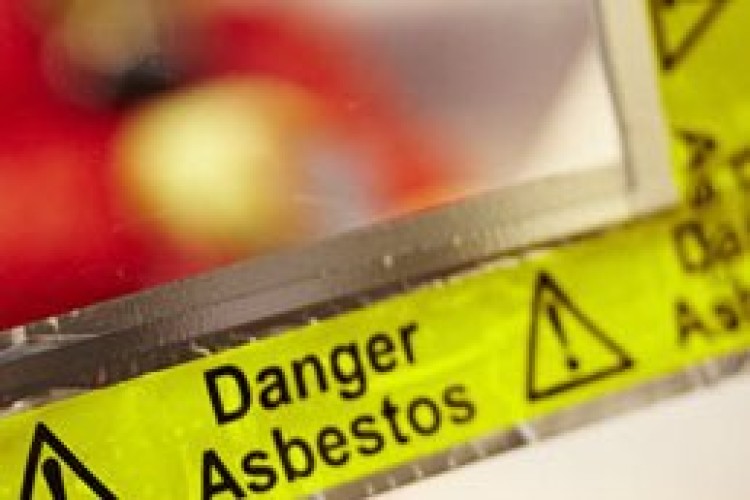The Asbestos Testing & Consultancy Association (ATaC) and the National Organisation of Asbestos Consultants (NORAC) have jointly produced the first of what they hope is to be an annual report into the extent of asbestos in UK buildings.
The report analyses anonymised data provided by 20 UKAS (United Kingdom Accreditation Service) accredited organisations, that was more than a million lines of data derived from more than 128,000 asbestos surveys of premises across the country.
The report is the remediation industry’s response to the recent inquiry into asbestos management in the UK by the House of Commons work & pensions committee, which highlighted that little evidence exists about the current extent and condition of asbestos in UK buildings.
Of the 128,761 sites inspected, 94,116 were domestic properties.
A total of 100,660 buildings (78% of the total inspected) were found to contained asbestos
Within those 100,660 buildings, 710,433 items of asbestos were found. Of these, 507,612 asbestos items (71%) had some level of damage, of which 120,629 (24%) would be classed as licensable work and require a specialist contractor.

As is well known, undisturbed asbestos can be benign; it becomes potentially lethal in the long term when it is damaged and fibres are released; 5,500 deaths a year in the UK are attributed to historic asbestos exposure.
This initial report has focused on the extent of damage materials within the UK property portfolio. “Given that the underlying premise of the ‘duty to manage’ requirements is to maintain asbestos in a good condition, the quantity of damaged asbestos containing materials does not make good reading,” ATaC said.
“Also, nearly 78% of the asbestos items identified in the survey data, if removed or worked upon, would represent unlicensed work. If the data is representative of the proportion of unlicensed work versus licensed work in general, then there is a large proportion of work with asbestos, that whilst regulated is largely unenforced by regulators.”
The report says that further work is required to expand the data set and to standardise how data is collected and organised, to better identify the types of buildings. “This would be necessary for the development of an effective national database,” the authors say.
The full report is available here.
Got a story? Email news@theconstructionindex.co.uk



